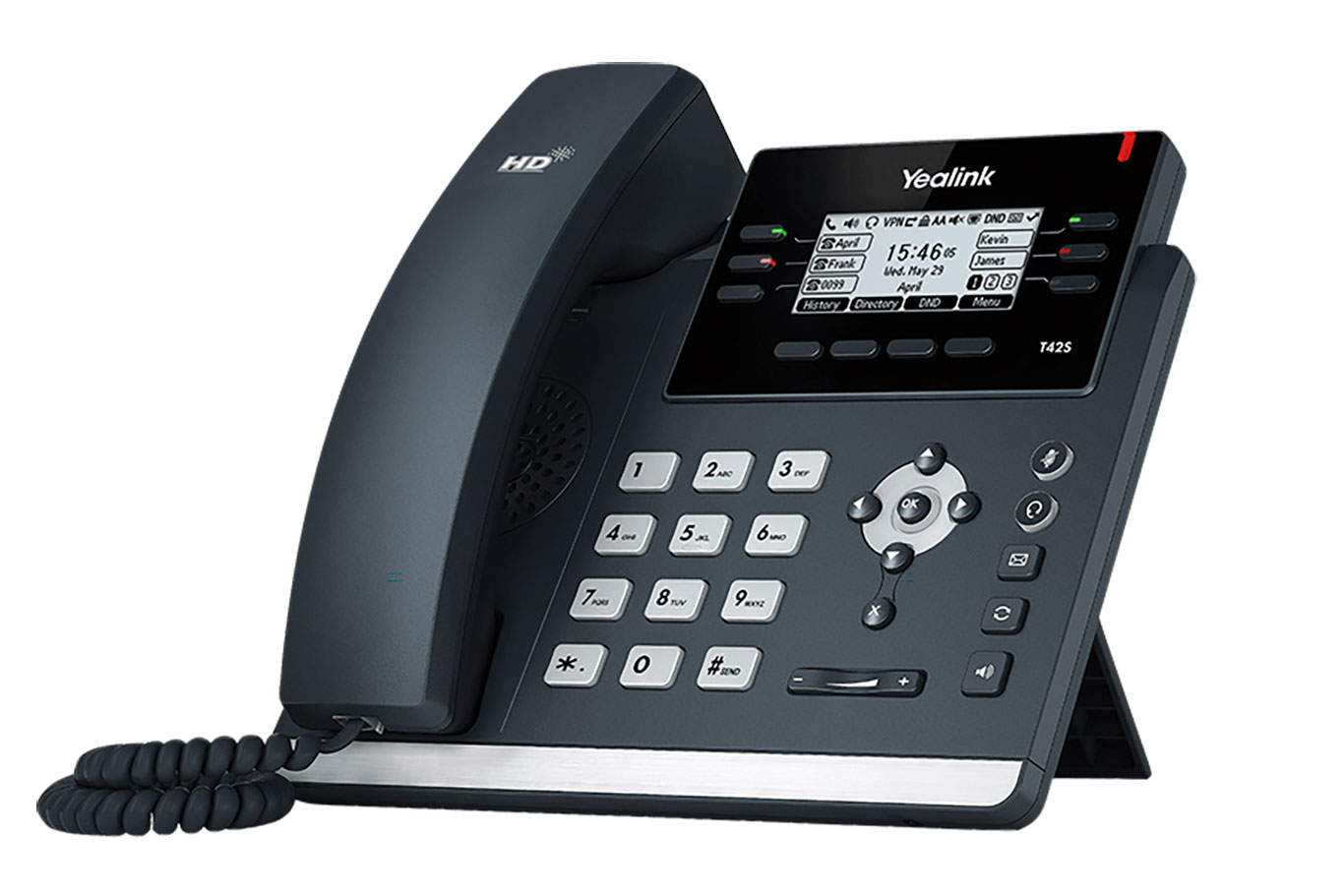Businesses and homeowners alike are moving away from traditional landline phones and embracing VoIP (Voice over Internet Protocol) technology. A telephone VoIP system allows users to make calls using the internet instead of standard telephone lines, offering lower costs, greater flexibility, and enhanced features.
With the UK’s PSTN switch-off in 2025, VoIP will soon become the default communication method. But what exactly is a telephone VoIP system, how does it work, and why should businesses consider switching? Let’s break it down.
What is a Telephone VoIP System?
A telephone VoIP system is a digital phone system that uses an internet connection to transmit voice calls instead of traditional phone lines.
Key Differences Between VoIP & Traditional Phones
- Landline phones rely on copper telephone wires and require a physical connection.
- VoIP phones use the internet to send and receive calls, making them more cost-effective and feature-rich.
How Does a Telephone VoIP System Work?
A VoIP phone system converts voice signals into digital data, which is then transmitted over the internet. Here’s a step-by-step breakdown:
- Voice Input – You speak into a VoIP phone, headset, or app.
- Data Conversion – The VoIP system converts your voice into digital packets.
- Internet Transmission – These packets are sent over your internet connection.
- Call Routing – The VoIP provider directs the call to the recipient’s phone.
- Voice Output – The digital data is converted back into sound at the other end.
This process happens in milliseconds, ensuring clear and seamless voice communication.
What Equipment Do You Need for a VoIP Phone System?
Setting up a telephone VoIP system is straightforward. You will need:
- A Reliable Internet Connection – At least 5 Mbps upload speed for clear voice quality.
- A VoIP-Compatible Device – Choose from VoIP desk phones, adapters for landlines, or softphone apps.
- A VoIP Service Provider – This company manages call routing and provides a virtual phone number.
Key Features of a Telephone VoIP System
1. Lower Call Costs
VoIP eliminates the need for expensive landline rental fees and offers cheaper local, national, and international call rates.
2. Remote & Mobile Accessibility
Unlike landlines, VoIP allows users to make and receive calls from any location using a laptop, tablet, or smartphone.
3. Advanced Call Management
Includes voicemail-to-email, call forwarding, call recording, and conference calling for greater efficiency.
4. Scalability for Businesses
Easily add or remove phone lines as your business grows without costly installations.
5. Integration with Business Tools
VoIP can integrate with CRM systems, collaboration tools, and video conferencing software.
Who Can Benefit from a Telephone VoIP System?
- Small Businesses – Lower communication costs and improved scalability.
- Remote & Hybrid Workers – Stay connected from anywhere with VoIP apps.
- Large Enterprises – Advanced call management and CRM integration.
- Home Users – Affordable alternative to traditional home phone lines.
Is a Telephone VoIP System Right for You?
If you’re looking for a cost-effective, feature-rich, and future-proof phone system, switching to VoIP is the best choice. With the upcoming PSTN switch-off in 2025, now is the perfect time to upgrade.
If you would like to find out more, please get in touch with us to discuss your requirements or book a meeting with a specialist at a time that works for you.
📞 Phone: 01489 297070
📧 Email: [email protected]
📅 Book a Meeting with a Specialist
FAQ: Telephone VoIP System
1. What is the main advantage of VoIP over a landline?
VoIP offers lower costs, mobile accessibility, and advanced features that traditional landlines cannot provide.
2. Do I need a special phone for VoIP?
No, you can use a VoIP desk phone, a VoIP adapter for your landline, or a softphone app on your computer or mobile device.
3. Will my VoIP phone work if my internet goes down?
No, VoIP requires an internet connection. However, mobile data or a backup broadband connection can keep you connected.
4. Can I keep my existing phone number when switching to VoIP?
Yes! Most VoIP providers allow number porting, so you don’t have to change your business or home phone number.
5. Is VoIP secure?
Yes! VoIP providers use encryption and security measures to protect your calls and data.




